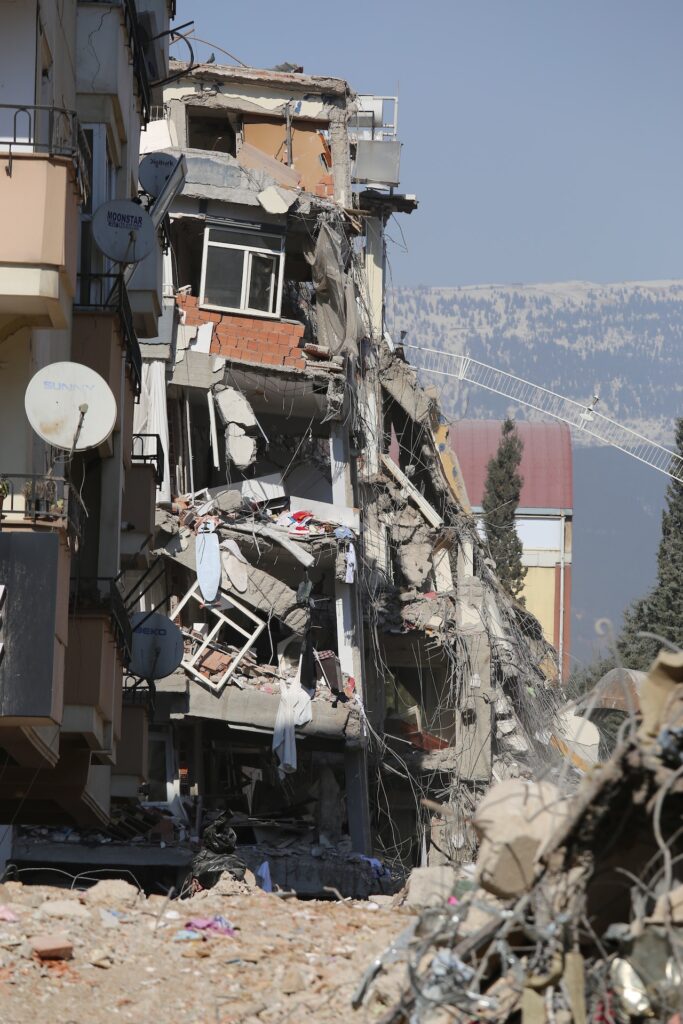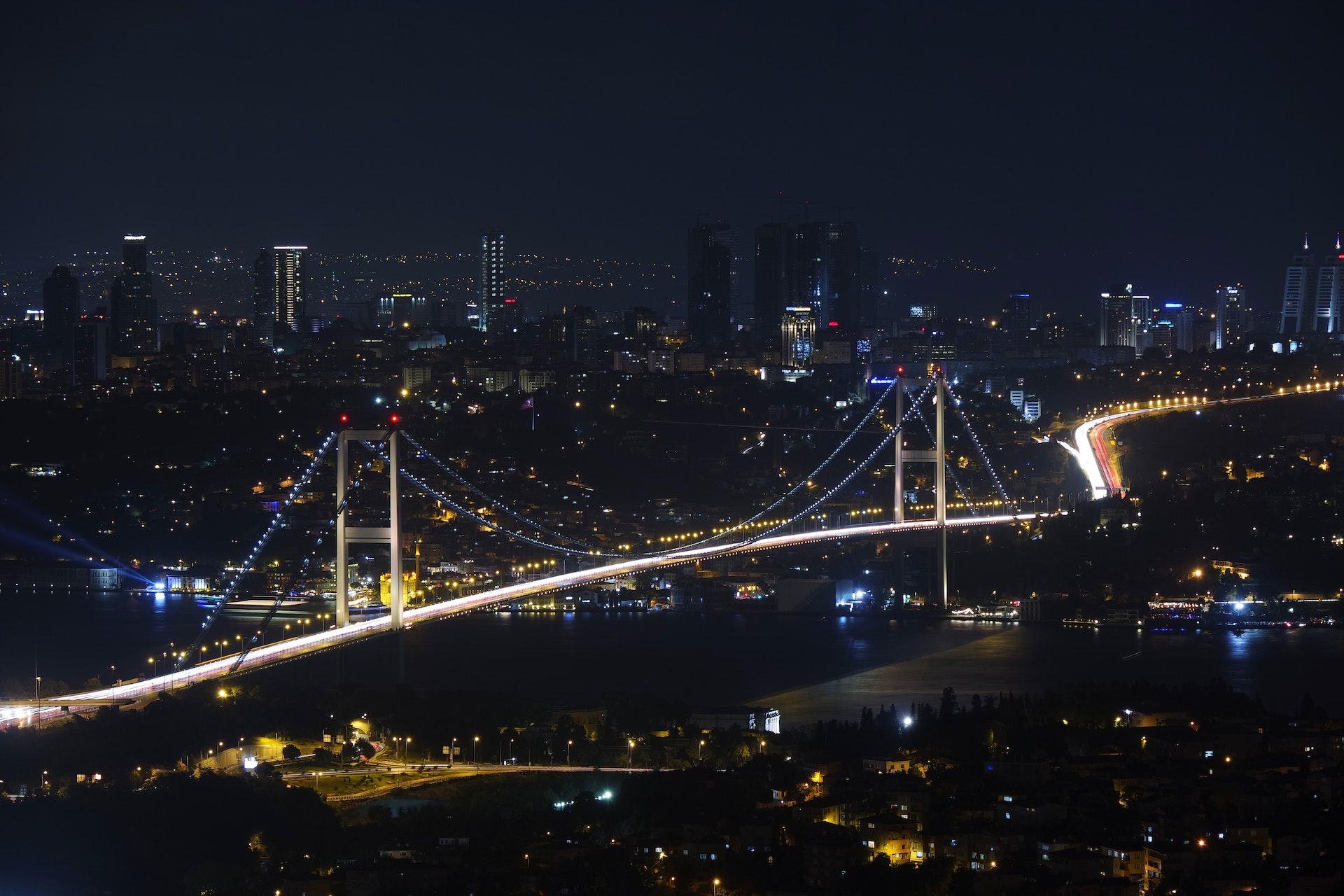Turkey is generally considered safe for holiday and work purposes, but it’s important to exercise caution and stay informed about the current situation. Here are some factors to consider:
Security
Turkey has implemented various security measures to ensure the safety of tourists and residents. The government has increased its efforts to maintain public safety and protect popular tourist areas.

However, it’s advisable to stay updated on any travel advisories or security alerts issued by your home country’s government or relevant authorities.
Terrorism
Like many countries, Turkey has experienced incidents related to terrorism in the past. The government has taken significant steps to enhance security and counterterrorism measures. Tourist areas, hotels, airports, and transportation hubs are typically well-protected. Stay vigilant, follow local news, and adhere to any security guidelines provided.
Demonstrations
Political demonstrations and protests can occur in certain areas, particularly in major cities like Istanbul and Ankara. While most demonstrations are peaceful, they can occasionally escalate. It’s advisable to avoid large gatherings, monitor local news sources, and follow the guidance of local authorities.
COVID-19
Turkey has implemented measures to manage the COVID-19 pandemic. This includes restrictions on travel, mask-wearing, social distancing, and hygiene protocols. It’s important to stay updated on the latest travel advisories and follow the guidelines and regulations implemented by the Turkish government and health authorities.
Local people have largely recovered from the impact of COVID-19 and have returned to their normal social life. Although some businesses still continue to take measures such as masks and social distancing, you don’t have to worry about this as the majority of the public is vaccinated in general.
Natural Disasters
Turkey is located in a seismically active region and occasionally experiences earthquakes. While the risk of being directly affected by an earthquake is low, it’s recommended to be aware of evacuation procedures and follow any instructions provided during emergencies.

As it is known, in February 2023, Turkey experienced two very serious earthquake disasters. Many buildings were destroyed and many people lost their lives. While the efforts to heal the wounds are still continuing in the regions that experienced this earthquake, small-scale earthquakes still continue. If you have a plan to come to Turkey, keep in mind that tremors continue, especially in the provinces of Kilis, Diyarbakır, Adana, Osmaniye, Gaziantep, Şanlıurfa, Adıyaman, Malatya and Hatay, which experienced this great earthquake.
Personal Safety
As with any travel destination, it’s important to exercise general safety precautions. Be cautious of your belongings, avoid isolated areas at night, use reliable transportation services, and be aware of your surroundings. It’s also advisable to have travel insurance that covers medical emergencies and any unexpected incidents.
It’s worth noting that situations can change over time, and it’s essential to stay informed by consulting official travel advisories and reputable sources before planning your trip or considering work opportunities in Turkey. Additionally, it’s a good practice to register with your embassy or consulate upon arrival for any necessary updates or assistance during your stay.


